The Government Proposal Process: FAQs
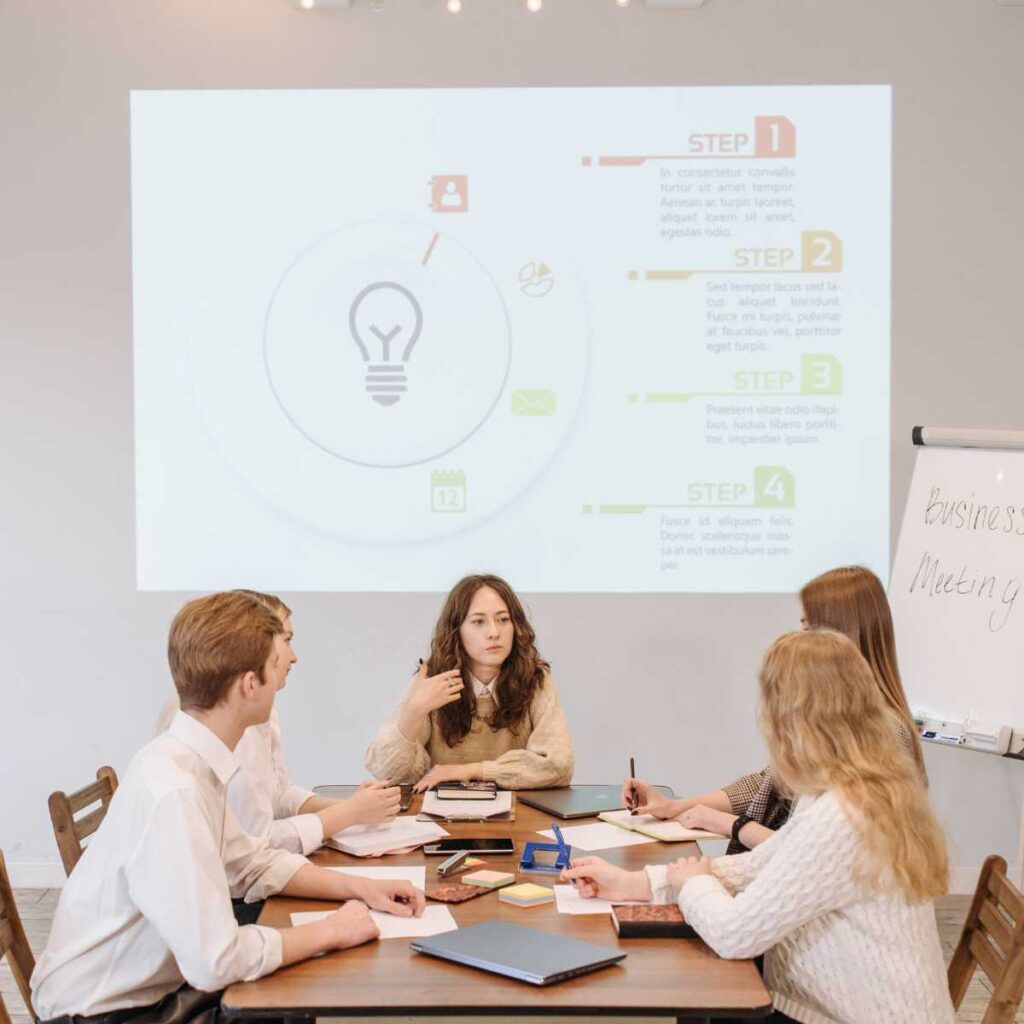
Navigating the government proposal process can be complex, especially for organizations new to government contracting. In this FAQs blog, we’ll address common questions about the government proposal process, providing clarity and insight into the steps involved, best practices, and essential considerations for success. What is the Government Proposal Process? The government proposal process refers to […]
The Benefits of Having a Government Proposal Process

In the highly competitive world of government contracting, having a structured and efficient proposal process is essential for success. A well-defined government proposal process not only streamlines operations but also enhances the organization’s ability to win lucrative government contracts. In this blog, we’ll delve into the myriad benefits of implementing a robust government proposal process […]
The Government Proposal Process: A Comprehensive Guide

Securing government contracts can be a lucrative opportunity for businesses, but navigating the intricacies of the government proposal process can be daunting. In this blog, we’ll demystify the government proposal process, providing a comprehensive overview of the steps involved, key components, and essential considerations for success. Opportunity Identification: The government proposal process begins with identifying […]
Benefits of a Government Proposal Graphics

In the fast-paced world of government contracting, where proposals vie for attention amidst stiff competition, the visual appeal and effectiveness of a proposal can make all the difference. One key element that significantly contributes to the success of a proposal is the use of graphics. In this blog, we’ll unravel the numerous benefits that government […]
Exploring Government Proposal Graphics

In the competitive realm of government contracting, the adage “a picture is worth a thousand words” holds true, especially when it comes to government proposals. Government proposal graphics—visual elements strategically incorporated into proposals—play a crucial role in conveying complex information, enhancing readability, and making proposals more compelling to evaluators. Let’s delve into the world of […]
FAQs on a Government Proposal Writer
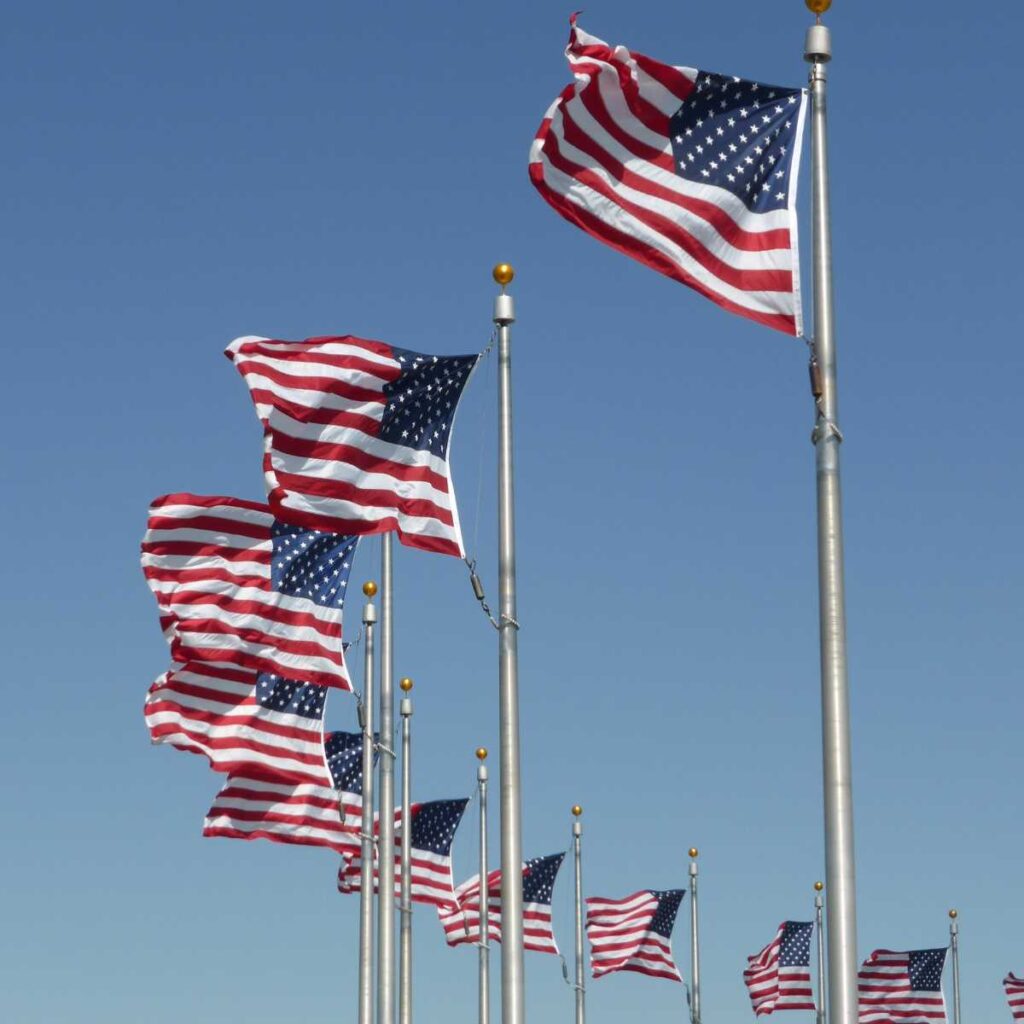
As integral members of the government contracting ecosystem, government proposal writers play a vital role in crafting winning proposals that secure lucrative contracts for businesses. However, many organizations have questions about the role of a government proposal writer, their responsibilities, and how they can benefit their business. Let’s address some of the most common FAQs […]
The Benefits of a Government Proposal Writer
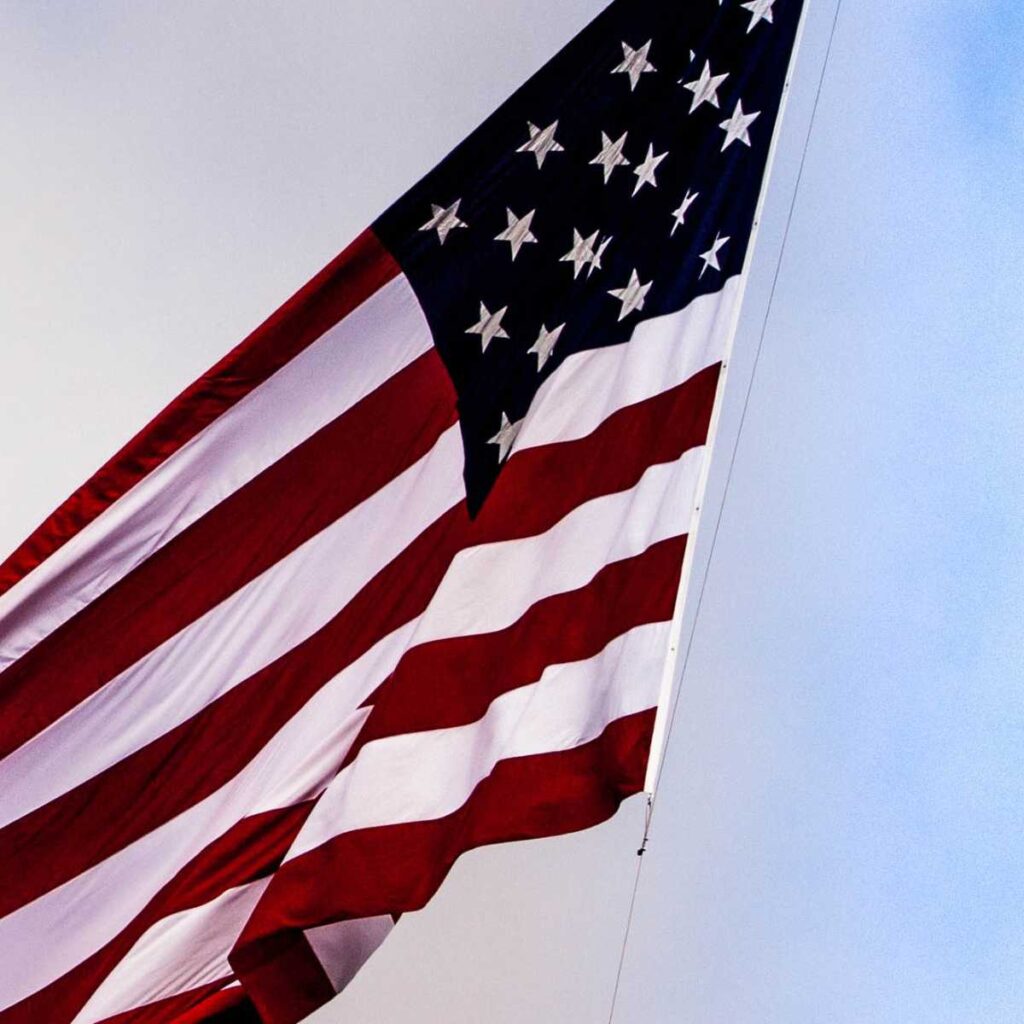
In the dynamic and competitive landscape of government contracting, the role of a government proposal writer is indispensable. These skilled professionals bring a wealth of expertise, strategic insight, and writing prowess to the table, offering a range of benefits that can significantly impact the success of businesses vying for lucrative government contracts. Let’s explore the […]
Government Proposal Consultant: FAQs Answered
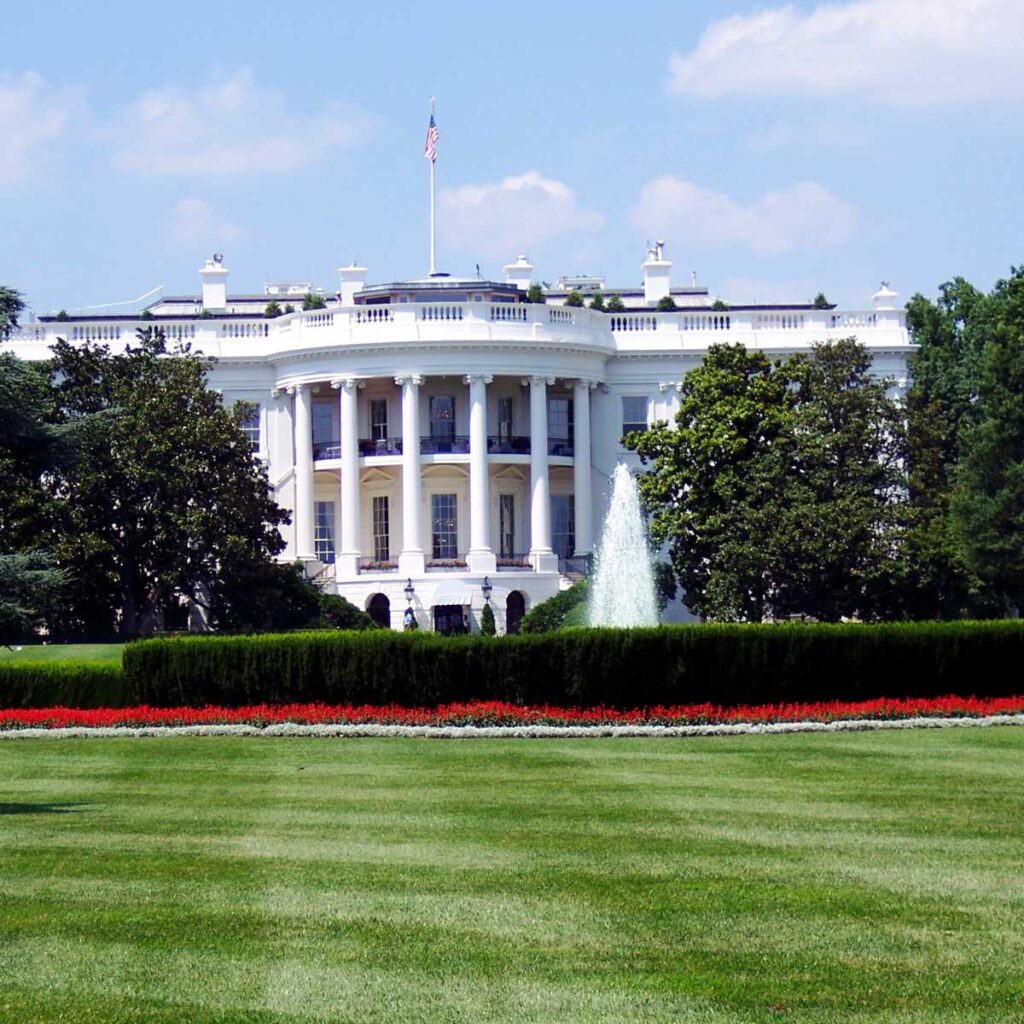
A Government proposal consultant plays a pivotal role in helping businesses navigate the complexities of government contracting and secure lucrative contracts. However, many organizations have questions about what government proposal consultants do, how they operate, and the value they bring to the table. Let’s address some of the most common FAQs about government proposal consultants. […]
What is a Government Proposal Writer?

In the competitive arena of government contracting, the role of a government proposal writer is instrumental in shaping the success of businesses vying for lucrative contracts. But what exactly does a government proposal writer do, and how do they contribute to the proposal development process? Let’s unravel the mysteries surrounding this critical role. Defining the […]
The Benefits of Government Proposal Consultants
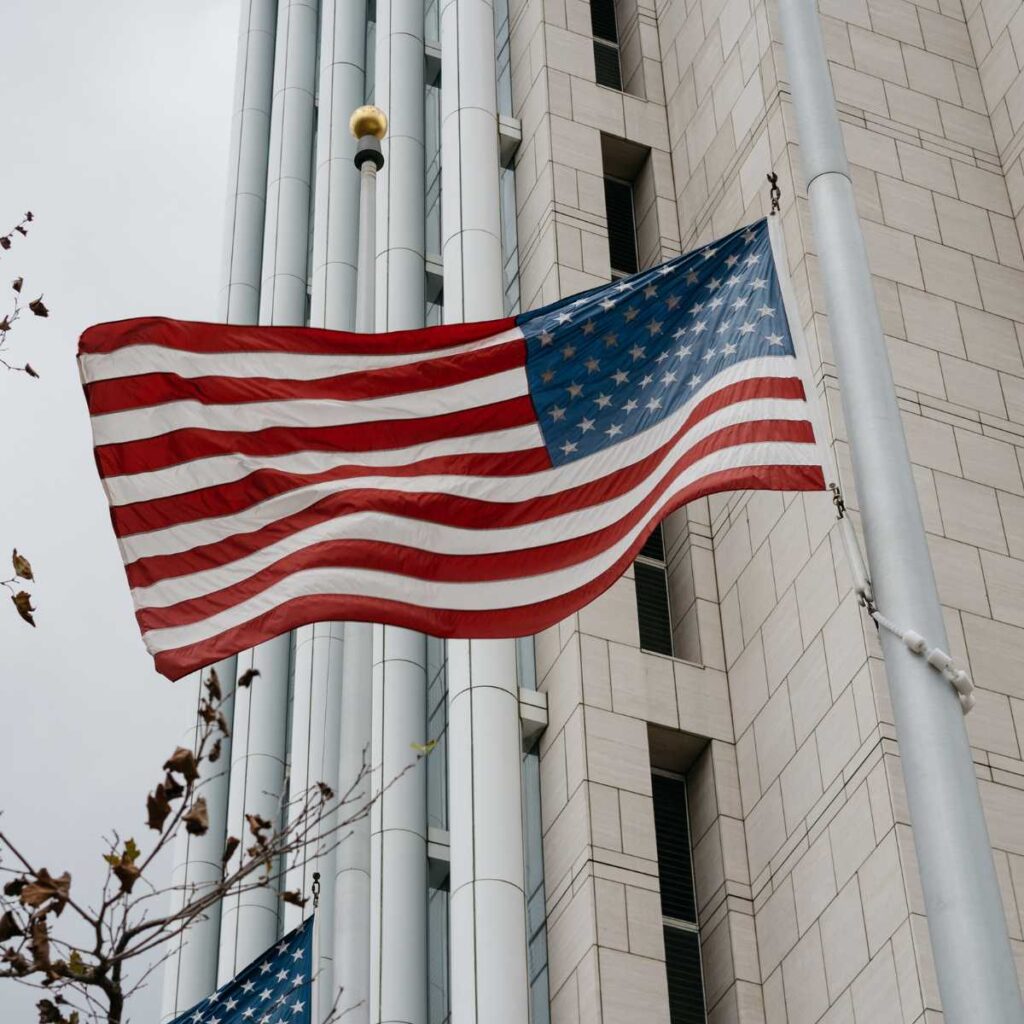
Securing government contracts is a complex and competitive process that demands expertise, strategy, and precision. In this landscape, government proposal consultants emerge as invaluable allies, offering specialized knowledge, strategic guidance, and unparalleled support to businesses vying for lucrative government opportunities. Let’s explore the myriad benefits of engaging proposal consultants. Expertise and Industry Insight: Proposal consultants […]
